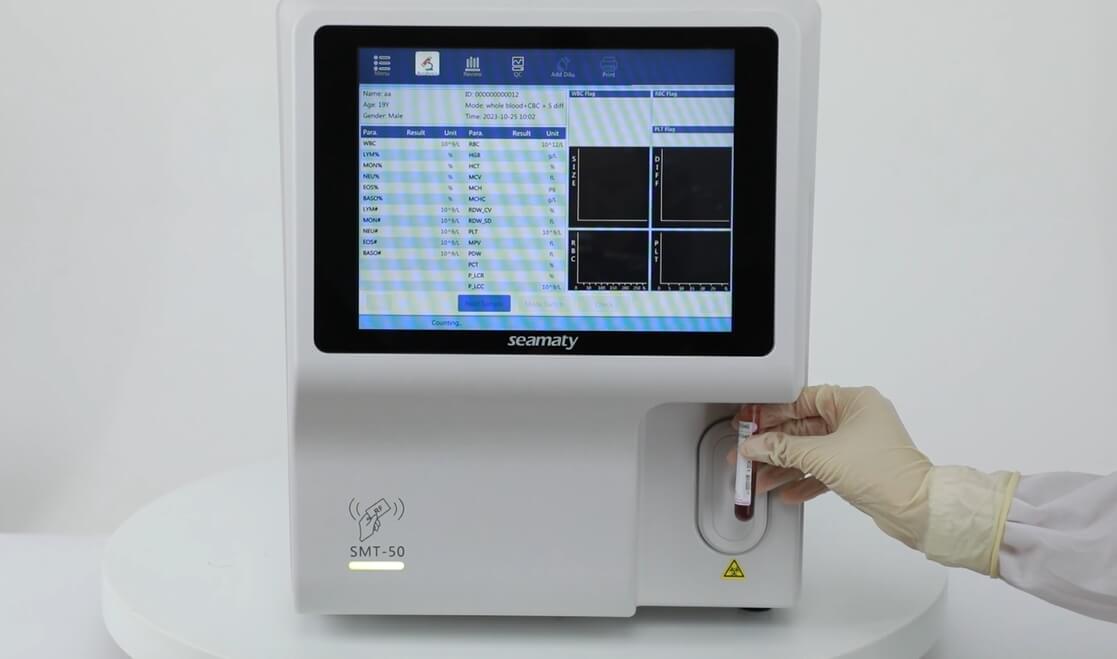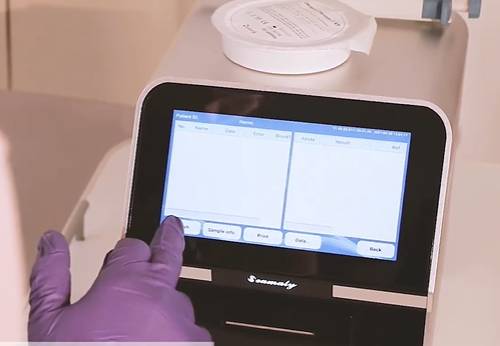release time:2022-07-06 11:50:19
A chemistry analyzer is a device used to test and measure the chemical composition of a substance. This can be anything from water to blood, and is an essential part of many laboratories. Choosing the right chemistry analyzer is therefore important, and there are many factors to consider.
The most important one is the type of samples that will be analyzed. Other considerations include accuracy, speed, cost, and ease of use. There are many different models on the market, so it's important to do your research before making a purchase.

2023-12-06
Discover the essential guide to choosing the perfect hematology analyzer for your healthcare or research needs. From advanced features and budgeting strategies to evaluating performance and trusted manufacturers, make an informed decision with our concise 8-point guide.

2022-08-09
A blood chemistry analyzer allows vets to see various markers and increase harmful chemicals in animal blood. Every vet needs to diagnose the chemical composition of animal blood for accurate diagnosis and prescription.

2021-11-09
Blood glucose control is the key to the treatment of diabetes, and the POCT blood glucose meter is a commonly used instrument for measuring blood glucose in diabetic patients. It can accurately and quickly determine the blood glucose concentration of patients and provide timely guidance for clinicians in the use of medication. However, in the clinical examination, the measurement results of portable blood glucose meter often do not match with the laboratory results.